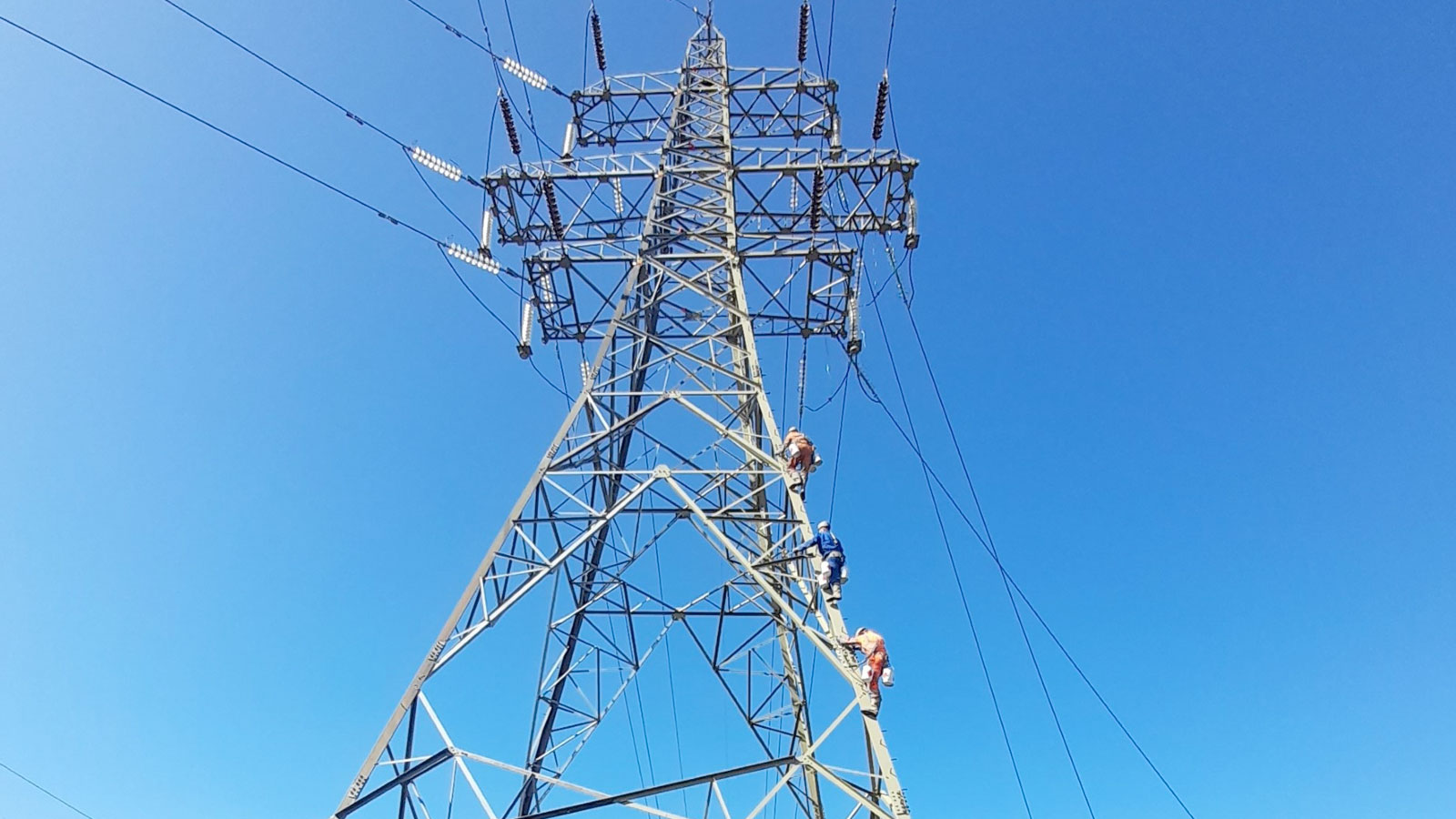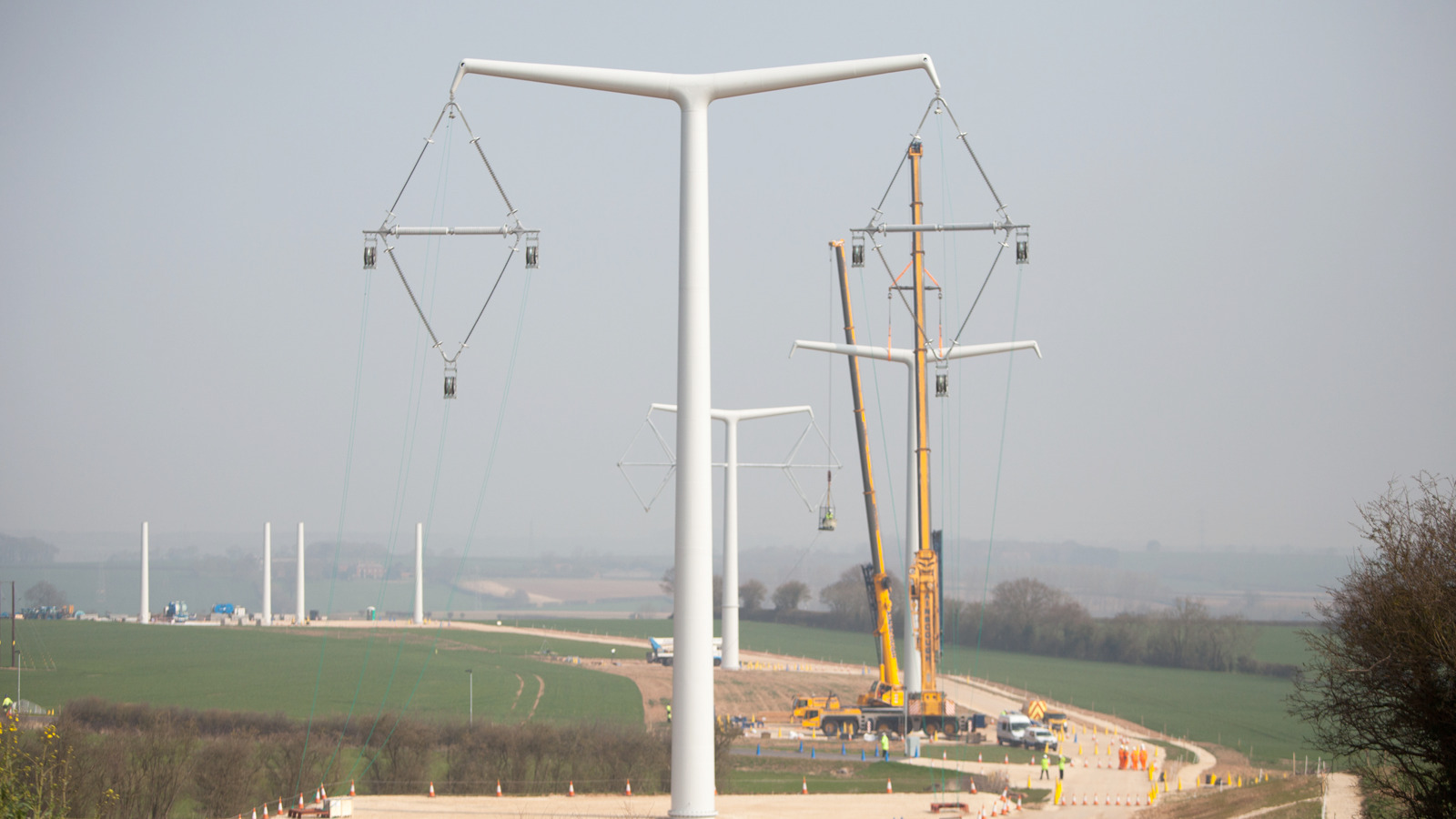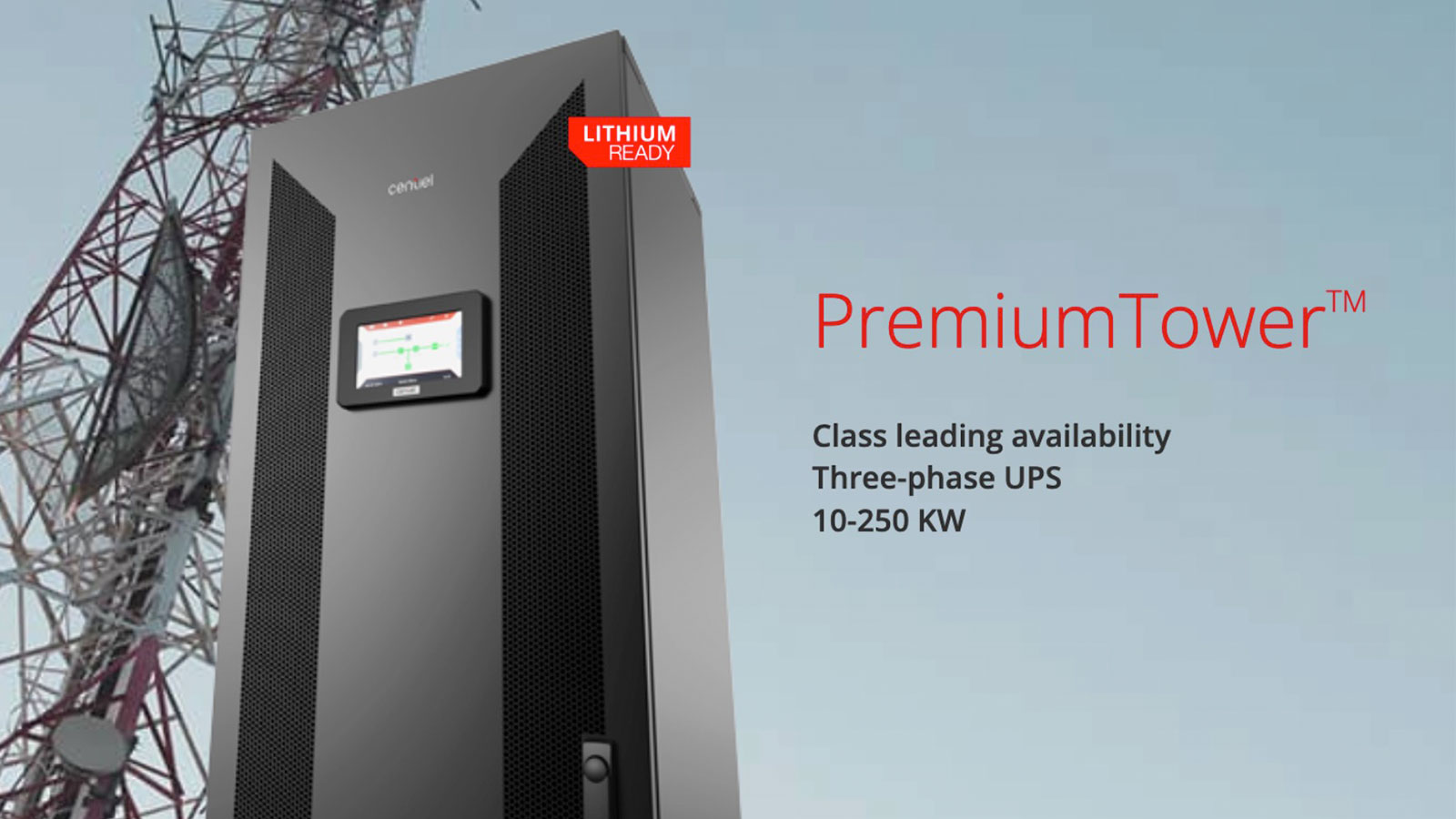Mark Shaw, ED Transformation Lead at Western Power Distribution, describes the role the distribution network operator is playing to reduce its own carbon emissions.
Western Power Distribution is playing a key role in helping the UK achieve net zero. One of the main aims of the company is to enable stakeholders to achieve net zero in line with their own ambitious aspirations.
To achieve this, Western Power Distribution is rewiring our network to provide the capacity required for the connection of low carbon technologies, such as electric vehicle charging points, heat pumps and more localised renewable generation.
But in order to deliver a low carbon network for our customers, it is important that WPD leads the way in improving its own carbon footprint, which in turn will ensure that we as a business can prosper in a net zero society. Only by committing to internal sustainability targets, can we realistically support local communities in achieving their own goals.
Over the past decade, we have made significant strides to be recognised as a leader in tackling climate change, but we will not rest on our laurels and continue to push our sustainability plans further than ever before.
Reaching the Government’s 2050 net zero target will require investment. In our RIIO-ED2 Business Plan we outlined £6.7 billion of investment into our network. This investment will drive sustainability across the communities we serve and within WPD as a company.
Earlier this year we published our sustainability strategy, which builds on the Business Plan and details our commitments to reducing our business carbon footprint. The headline from this strategy is our pledge to reach net zero by 2028 – 22 years before the Government’s target. There is no doubt that this is an ambitious target, but how do we plan to achieve the necessary reduction in our carbon emissions?
Firstly, we are taking a look at how our company operates. Looking internally at our own practices, we found that more than half (57%) of our carbon emissions come from fuel consumed by our vehicles and generators. By switching to electric vehicles (EVs) and phasing out diesel generators, we can make significant steps towards our net zero target. In fact, we have pledged to replace at least 89% of our existing operational vehicle fleet with EVs by 2028 and we are installing EV charging at all of our operational sites.
In addition to our large-scale commitments, we are introducing greater employee awareness of energy saving, installing motion sensors for lighting, upgrading air-conditioning systems and achieving higher energy efficient ratings in new and refurbished depots.
Importantly, all energy purchased by WPD is produced entirely from renewable sources. However, our plans are not limited to our internal practices. We are working with suppliers and contractors to establish embodied carbon data so we can be sure of purchasing the most sustainable goods and materials, while reducing the impact of our entire supply chain.
We also have major plans for waste. By 2028, WPD will no longer send waste to landfills. Overall, we will be cutting the tonnage of waste we produce by 30% over a five-year period, and our starting point will be to avoid creating waste in the first place. We are working with manufacturers and suppliers to cut the environmental impact and waste of products and services we use. This will include sourcing more goods made from recycled plastics and eliminating non-recyclable plastic. Ultimately, we are aiming to reduce both the use of raw materials and carbon emissions.
By improving our internal business practices we can effectively increase sustainability across the network. Our plans include collaborating and forecasting to support local authorities in reaching their own climate targets. Our RIIO-ED2 Business Plan shows how we have pledged to help accelerate the adoption of EVs, heat pumps, and other LCTs through helping to co-create, with local authorities, robust and challenging Local Area Energy Plans. We are also appointing dedicated WPD community Energy Engineers and Local Authority Engagement Engineers to help communities navigate the road to net zero.
At WPD, our belief is that sustainability should not be limited to the environment and can be applied to the energy network as a whole. This is where flexibility comes in, as it allows network operators like WPD to manage the peak load without having to invest in additional costly infrastructure to meet a temporary spike in demand.
This recognition that the network needs to be future-proofed led to Flexible Power, which is a portal that allows DNOs to publish flexibility requirements which can then be accessed by flexibility providers. While it started as a WPD innovation project, it is now used by five out of the six DNOs and will only become more vital in ensuring that our customers can make sustainable choices, connecting their own low carbon technologies with capacity never being a barrier.
As the nation’s largest distribution network operator by area, we do not just want to minimise our impact on the natural environment: we want to protect and enhance its biodiversity features for future generations. So, along with the initiatives to make the grid more sustainable, we have several biodiversity commitments including a 10% net gain in plant, insect and animal life at major new project sites and selected grid substation sites.
The decline of our native species’ diversity in the UK is well documented and deeply concerning, and as an industry, it’s important to acknowledge our own physical impact and reassess our practices. This is not always easy, which is why we are working with Wildlife Trusts, Natural England and Natural Resources Wales to identify priority habitats and species. This allows us to support their ongoing work on the ground to maximise the benefit to biodiversity via biodiversity action plans and in the use of natural capital assessment tools.
WPD is committed to sustainability because we truly believe it is the only way forward. As we look towards our 2028 net zero date, the way that we operate will undoubtedly change as we improve our sustainability. This change is something we are embracing as we know that the outcomes for the company, our communities and the planet will be transformational.






